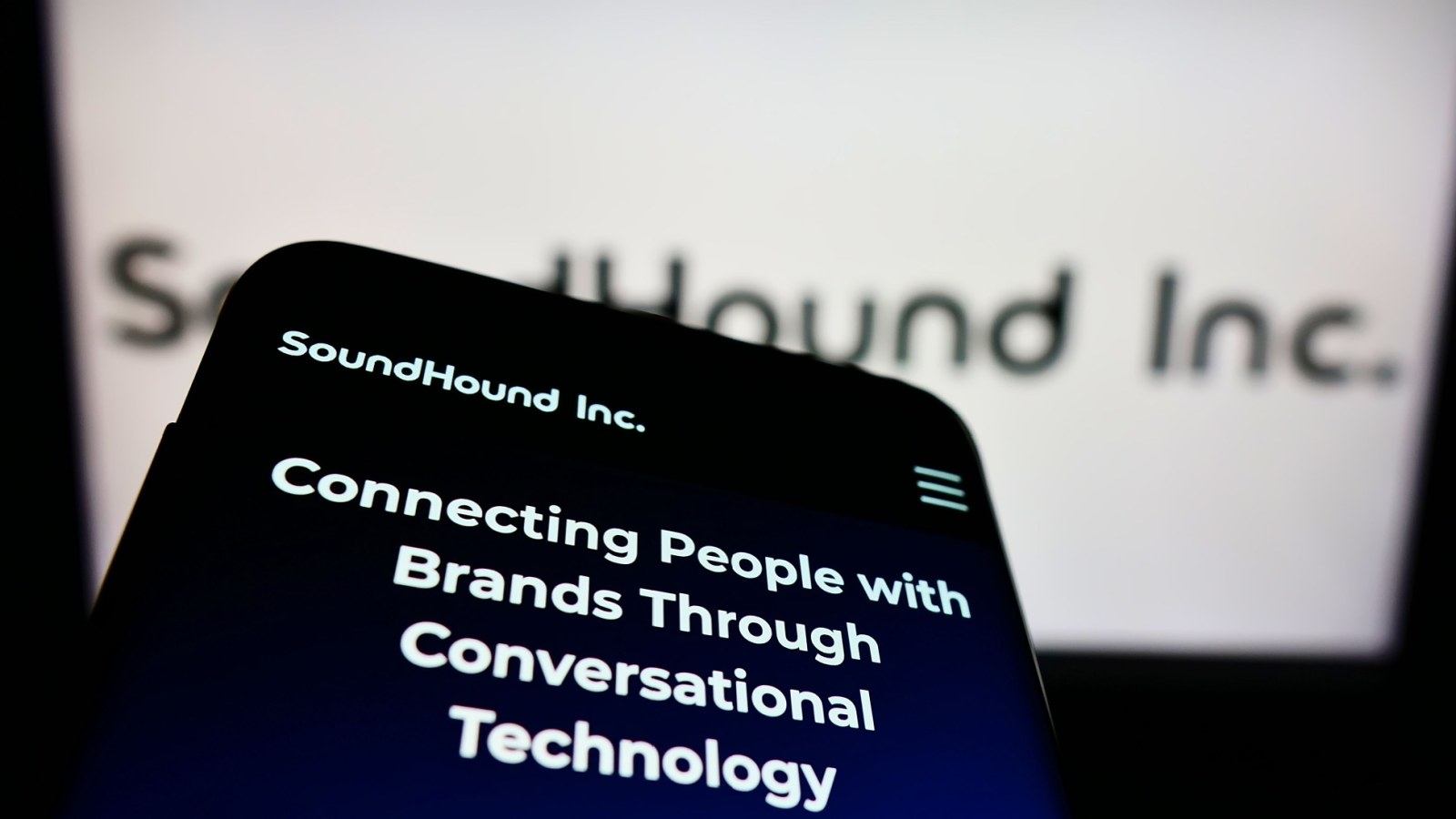Meta reported first quarter revenue of $36.5 billion, up 27 percent from the year-earlier period and above Wall Street expectations.
The company, which owns Facebook, Instagram and more, had issued guidance of $34.5 to $37 billion for the first quarter. Meta reported income of $12.4 billion, up 117 percent from the year-earlier period.
“It’s been a good start to the year,” said Mark Zuckerberg, Meta founder and CEO. “The new version of Meta AI with Llama 3 is another step towards building the world’s leading AI. We’re seeing healthy growth across our apps and we continue making steady progress building the metaverse as well.”
On the earnings call, Zuckerberg said the rollout of the new Meta AI, an assistant that can be used within search to answer complex queries, make recommendations and create animations from still images and more, last week is going well, with tens of million of people trying it and giving positive feedback. The tool can be used within Facebook, Instagram, WhatsApp and Messenger.
He noted that while previously the company saw AI as a way to enhance its social media products, he now believes the company has the potential to be “the world’s leading AI service.”
“We’re not just building good AI models that are going to be capable of building some new good social and commerce products. I actually think we’re in a place where we’ve shown that we can build leading models and be the leading AI company in the world,” Zuckerberg said.
He noted that 30 percent of posts on the Facebook feed are delivered by the company’s AI recommendation system, up 2x over the last couple of years. And more than 50 percent of the content on Instagram is now AI-recommended.
Zuckerberg said the company will continue to invest in AI, including creator AI that help creators engage their communities and fans and AI for business, that helps customers make purchases and receive customer support. Thus far, the company said it has used AI to improve ad engagement and scale business messaging, but Zuckerberg cautioned that the segment would likely not make much revenue in the near-term.
“As we’re scaling CapEx and energy expenses for AI, we’ll continue focusing on operating the rest of our company efficiently, but realistically, even with shifting many of our existing resources to focus on AI, we’ll still grow our investment envelope meaningfully before we make much revenue from some of these new products,” Zuckerberg said.
Shares were slumping 13 percent in after hours trading after Meta said it would “invest significantly more in infrastructure over the coming years.” The company provided updated guidance for 2024 capital expenditures, increasing the range to $35 billion to $40 billion, up from the prior range of $30 billion to $37 billion, due to investment in AI. Meta said it expected CapEx to continue to increase next year.
Zuckerberg compared the reaction of Wall Street Wednesday to this investment to the volatility the company has experienced with Reels, Stories and more.
“Historically, investing to build these new scaled experiences in our apps has been a very good long term investment for us and for investors who have stuck with us. And the initial signs are quite positive here too, but building the leading AI will also be a larger undertaking than the other experiences we’ve added to our apps and this is likely going to take several years,” Zuckerberg said.
For the first quarter, Meta reported a family daily active people number, which encompasses usage on all of its apps, of 3.24 billion on average for March 2024, up 7% year-over-year. The company is no longer disclosing daily and monthly active user numbers for Facebook or other individual brands, however, Zuckerberg highlighted WhatsApp on the call, noting that “the number of daily actives and message sends in the US keeps gaining momentum.”
Asked whether Meta could benefit from passage of a bill that would force a sale of TikTok to another owner or ban the app in the U.S., Susan Li, chief financial officer at Meta, said it’s too early to tell.
“We’ve obviously been following the events related to Tiktok closely, but at this stage, it is just too early, I think to assess its impact, or what it would mean for our business,” Li said.










